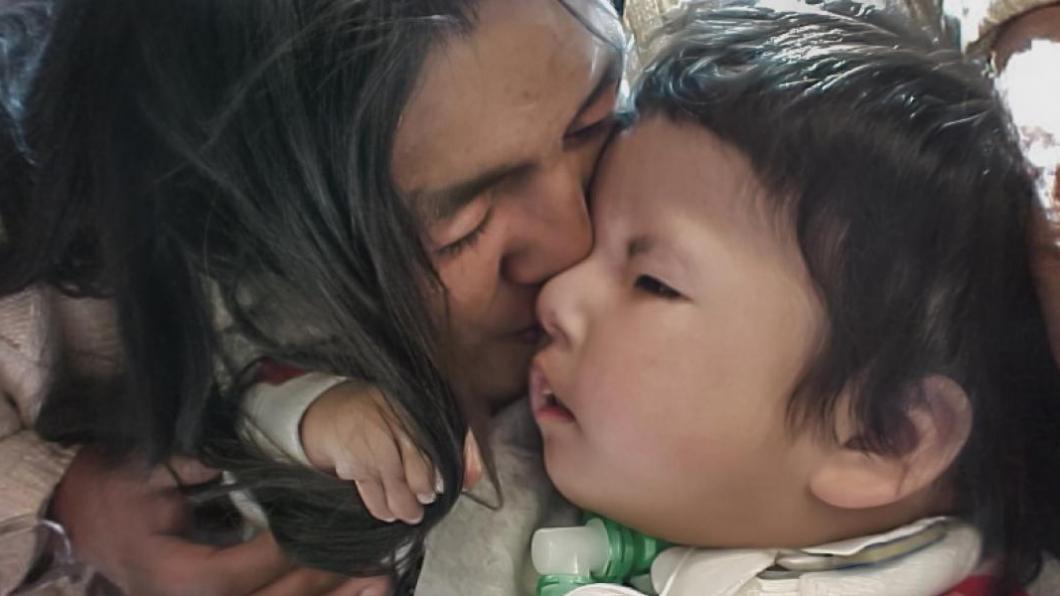
Jordan's Principle makes disability services a right of First Nations children
By Louise Kinross
Yesterday, Canada's Federal Court dismissed Ottawa's appeals of two human rights tribunal rulings, including a 2019 tribunal that found the federal government had willfully and recklessly discriminated against Indigenous children by failing to provide funding for children's rehab and other services.
The 2019 order applied to First Nations children who were denied or delayed services under Jordan's Principle, a legal rule to ensure Indigenous kids get the supports they need when they need them.
On Canada's first National Day for Truth and Reconciliation, it's critical that we understand this rule.
Jordan's Principle was named in honour of Jordan River Anderson (above right), a Cree child from Norway House Cree Nation in Manitoba.
Jordan was born with complex medical needs in 1999 and hospitalized. At age two he was ready to be released home, but Canada and Manitoba argued over who would pay for the in-home services and equipment he needed. Jordan never left hospital and died there at age five.
"Had Jordan not been First Nations, he would have been released from the hospital immediately, with expenses paid, no questions asked," write the authors of a 2021 report on Jordan's Principle by First Nations Child & Family Caring Society of Canada. The report is a fabulous resource that looks at how Canada has implemented it to date.
"Jordan's Principle is a legal rule and as a legal rule there is no end date," the authors write. "Jordan's Principle is not a government program. It does not have a fixed budget. As more children qualify, the funding pot expands. Approving services for one child does not mean there is less funding for other children."
Children up to the age of 19 who live on- and off-reserve are eligible, and services are based on their unique needs, not what the province or territory usually provides. These services are not benefits, but rights under the orders of the Canadian Human Rights Tribunal.
Examples include adaptive furniture, speech and occupational therapy, assessments, assistive technology, education and mental health support, personal care items, respite services and medication.
Canada must determine individual requests within 48 hours and urgent ones within 12 hours.
The report includes a review of academic and community-based literature on how Jordan's Principle been implemented since its creation in 2005. The authors note a number of factual errors in the literature, the most common being that the principle ensures the same level of care as the provincial or territorial standard. "The Tribunal recognized that, as a result of colonialism and Canada's discrimination, the needs of First Nations may go beyond what is normally provided," the authors write.
Despite important changes as a result of the Tribunal's orders, families of children with disabilities continue to face significant barriers. "On reserve, services may be unavailable, or available with less frequency, due to federal funding," the authors write. For example, in some remote areas physio and occupational therapy is only available once every four months. In urban centres, services are not culturally appropriate and families deal with racism.
The authors note disturbing reports of children entering child welfare care because their families can't get them the therapies and supports they need. Families experience a lack of early-intervention services on reserve. For example, one mother was unable to secure American Sign Language training for a child with severe hearing loss until she relocated to the city when the child was four. Delays in assessment mean children aren't diagnosed with conditions like autism until they enter school.
First Nations families lack information on the services and technologies available to their children, as well as practical and emotional support, including respite. Families are forced to jump through paperwork hoops to renew previously approved requests
The report notes that services under Jordan's Principle end when youth turn 19 or 20, and Canada provides no transition planning for adulthood.
This is an excellent infographic on how to access services through Jordan's Principle. Last weekend, an Indigenous mother of five children with special needs spoke to CBC about the challenges of getting her children's needs met. Like this story? Scroll down to the blue banner and input your e-mail address to receive our monthly BLOOM e-letter in your inbox.